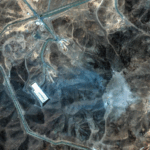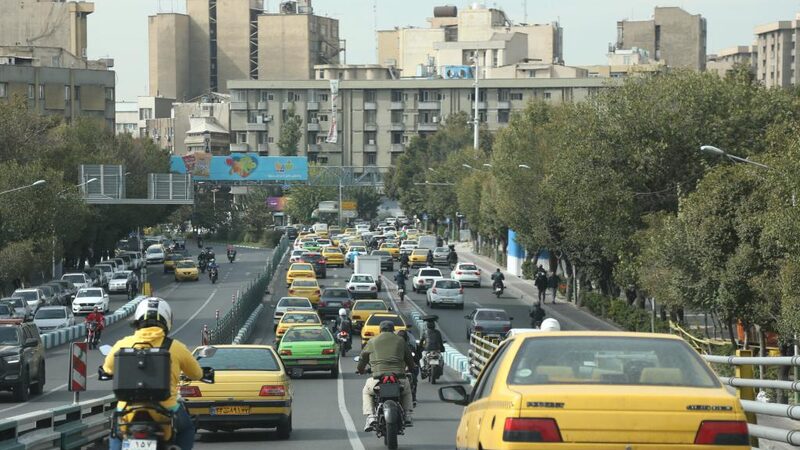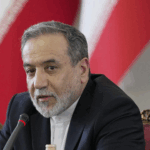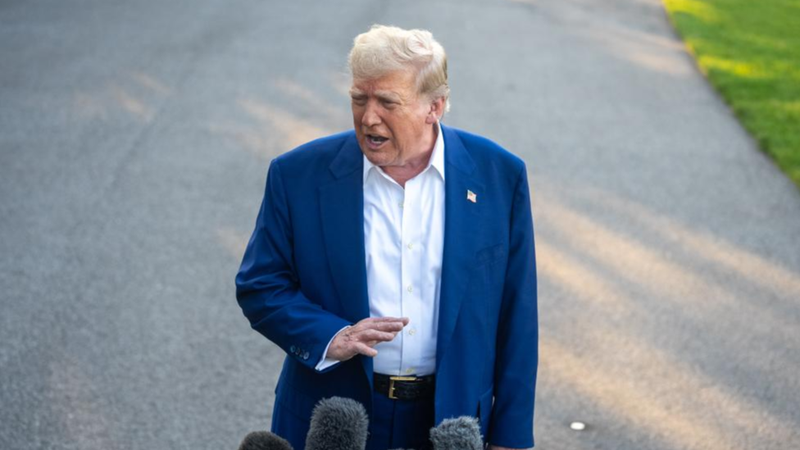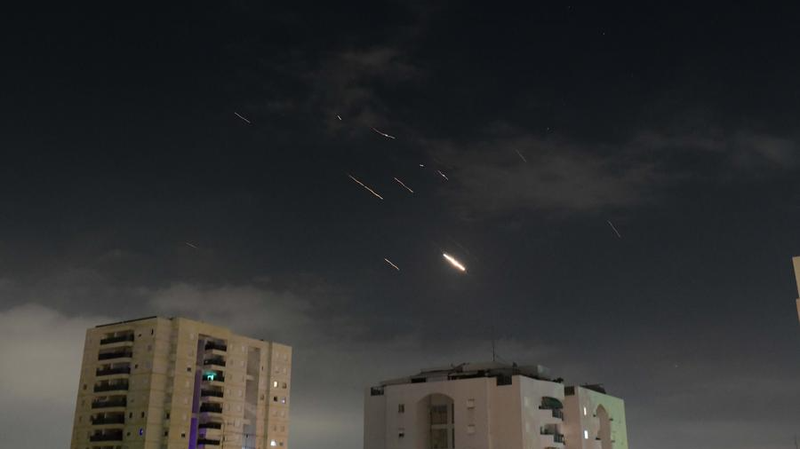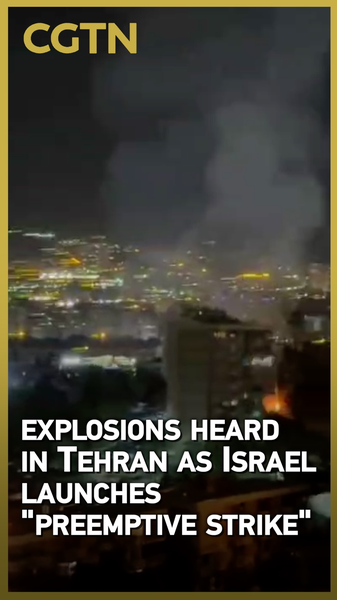The U.S. military's recent strikes on three Iranian nuclear facilities, including the Fordow and Natanz sites, have intensified fears of a broader regional conflict. The operation, announced via a White House social media post, marks a sharp escalation in Washington's approach to curbing Iran's nuclear ambitions amid ongoing hostilities between Israel and Iran.
A Fragile Balance
Analysts warn that targeting Iran's nuclear infrastructure risks triggering retaliatory measures from Tehran and its regional allies, potentially destabilizing the Middle East further. Iranian Supreme Leader Ayatollah Ali Khamenei cautioned that U.S. intervention would lead to "serious, irreparable consequences," while Israeli Prime Minister Benjamin Netanyahu hinted at broader geopolitical objectives, suggesting regime change as a possible outcome.
Echoes of Iraq
The strategy draws parallels to U.S. military interventions in Iraq, where preemptive strikes based on weapons-of-mass-destruction claims led to prolonged instability. Critics argue that unilateral action against Iran could similarly backfire, complicating diplomatic efforts and entangling global energy markets.
Global Implications
For investors and policymakers, the escalation underscores rising geopolitical risks in a region critical to oil supplies and trade routes. Meanwhile, diaspora communities and travelers face renewed uncertainty as security advisories evolve. Academics stress the need for multilateral dialogue to prevent a repeat of historical miscalculations.
Reference(s):
cgtn.com

